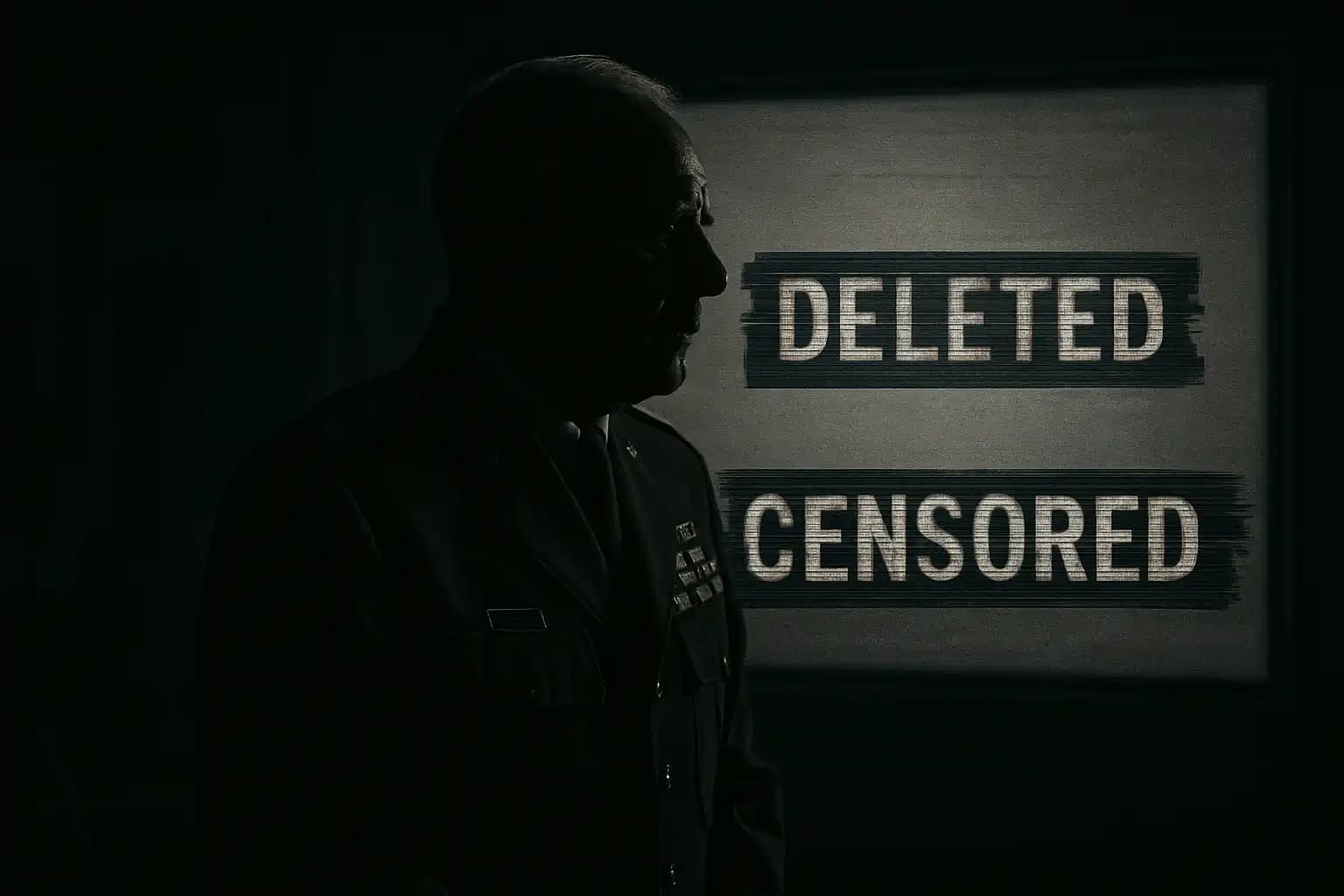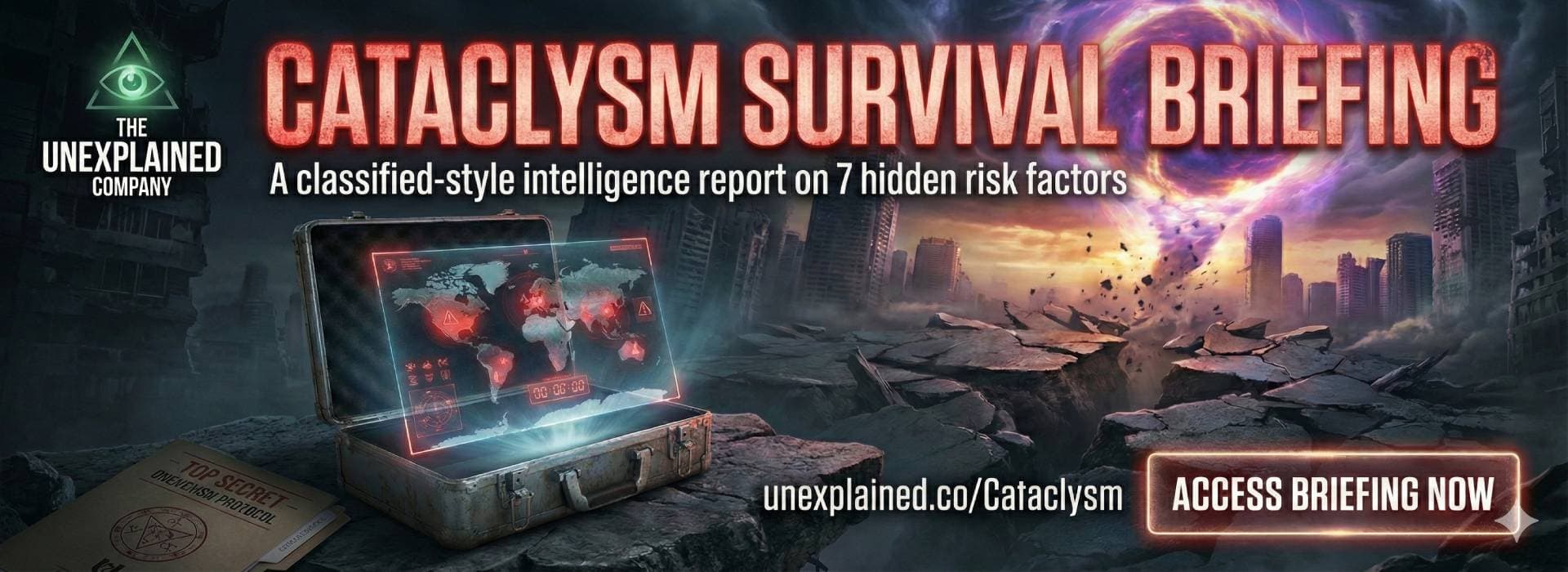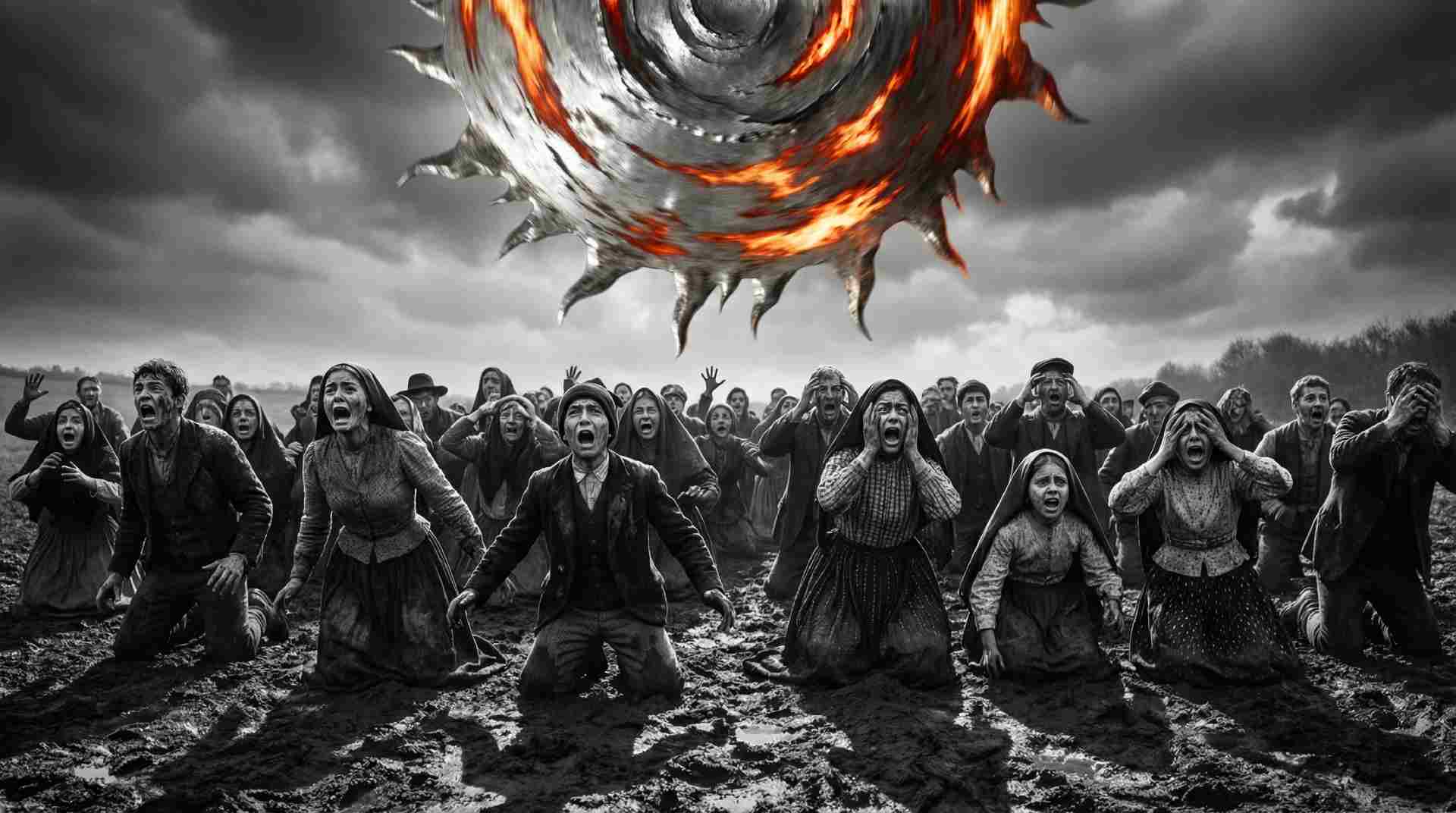In October 2025, a video interview featuring retired U.S. Lieutenant Colonel Thomas Bearden—an engineer, physicist, and military insider—vanished from major platforms almost instantly. His explorations of unconventional physics and military technology, including speculation on Tesla’s experiments, have generated both intrigue and controversy. Hours after posting, YouTube removed the interview, sparking discussions about digital censorship and information control. Nevertheless, the interview remains on alternative video platforms, becoming a beacon for privacy advocates and conspiracy theorists alike.
From Mass Deletion to Public Outcry: The Making of a Banned Interview
The cycle surrounding the “banned” interview felt familiar. Social networks now enforce policies that empower them to swiftly remove videos violating community standards or containing sensitive military content. Yet, few removals create as much fallout as the Bearden incident. In his broadcast, Bearden discussed electromagnetic weapons, classified U.S. military projects, and practical uses of Tesla’s research. Within hours, reports on independent blogs and forums chronicled the deletion from mainstream channels and the viral spread of the video on “free speech” sites like BitChute. This case highlights broader patterns seen during recent government drills and crisis messaging, as examined in this analysis of live-TV mishaps.
Military reports indicate that controversial interviews often face removal orders to prevent the unintentional release of sensitive tactics or insider knowledge. The complicated relationship among media, the military, and platforms’ self-regulation frequently results in rapid purging of interviews like Bearden’s, especially when they speculate on classified projects or question established policies, as discussed in field reports on national security communication.
Why Military Voices Get Silenced: Security, Censorship, and Policy Triggers
The speed of censorship surrounding military interviews is deliberate, not accidental. A February 2025 Military.com analysis reveals a wave of social media purges within the Pentagon. While ostensibly targeting diversity-focused content, this signals a broader effort to contain communication deemed “controversial” or “potentially compromising.” The report shows how public affairs directives require units to vet and often delete interviews or comments that could reveal sensitive internal debates, shifts in doctrine, personnel changes, or classified information. This mirrors platform policy shifts and dodged controversies noted in recent coverage of escalation risks.
Military whistleblowers see their interviews removed for various reasons: national security, fear of demoralization, violation of non-disclosure agreements, or concerns that the content might incite public backlash or disseminate misinformation. However, delineating necessary secrecy from overreaching censorship remains contentious—especially as independent media and open-source investigators attempt to preserve deleted interviews, similar to the Bearden case.
The Whistleblower Legacy: Deletion, Backlash, and Public Memory
Deleted interviews have a long history in America’s military and political landscape. From Colonel John Paul Vann’s Vietnam-era critiques to digital-age whistleblowers listed on the canonical list of whistleblowers, the pressure to silence or at least slow the spread of inconvenient truths is longstanding. Recently, social media’s ability to amplify and erase voices has become a double-edged sword for those seeking transparency. Projects archiving banned content, and reports like this feature on scientific dissent, embody this dynamic: deleted content rarely stays gone for long, yet the official narrative remains closely monitored.
As the Bearden interview saga unfolded, public debate centered on essential questions: What qualifies as legitimate defense secrecy versus information the public deserves? Who decides this? These aren’t just philosophical dilemmas; they are urgent issues in an era defined by hybrid threats, digital platforms, and government transparency campaigns—highlighted by the fallout from military leaks and controlled hints in archived “banned” conversations.
Media Censorship and the Modern Escalation of Information Wars
Censorship debates extend beyond the military. The history of media censorship shows that suppression of objectionable, sensitive, or “inconvenient” material cuts across government, religious, and corporate lines. Modern military censorship, especially, blurs the line between operational security and the urge to manipulate narratives. The risk of a chilling effect is significant: once censors act, independent reporting—as seen in projects like stealth technology briefings or reports on vanished oral histories—often fills the void.
In an age marked by secrecy and surveillance, deleted interviews heighten both distrust and curiosity. The Bearden incident and the quick archiving of his claims illustrate the modern information war: wild speculation and serious inquiry often coexist. For curated context and analysis as censorship battles escalate, bookmark Unexplained.co—what disappears today may shape tomorrow’s debates.





